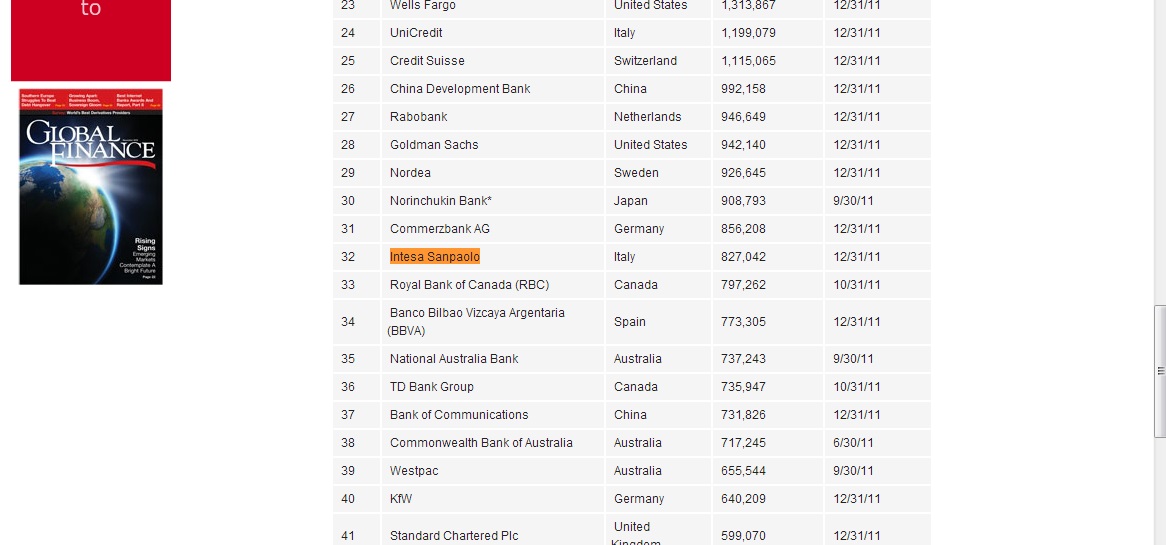
By Ramy Oraby
On 15 May, Standard & Poor’s announced an update on the Egyptian economy, where the rate “B-/B” was affirmed, while the outlook was upgraded from Stable to Positive. A lot of fuss has been made since the announcement; the prime minister described the improvement as a certificate of achievement. The media went on exaggerating this victorious upward shift. Amid la valse de la victoire, many people forgot to read the first few points of S&P’s report to understand the main factors behind maintaining the rate, despite changing the future projection of the Egyptian economy.
Going through the report, the positive outlook was due to an “improved but still fragile” political landscape, continued support from some Gulf states, and growth-supporting reforms. Starting with a political assessment that is subjective to a wide range of various judgments, followed by an external factor that is out of the Egyptian economic policy-makers’ hands, and focusing on the government’s efforts to boost growth, the report highlighted the real challenges to the Egyptian economy; “a wide fiscal deficit, high domestic debt, low income levels and institutional shortcomings”.
Taking a few minutes off the report to look into more details, Egypt suffers an intolerable budget deficit (around 10% of GDP in nine months this year). More than three quarters of Egyptian public expenditures are allocated for the wages of 6.5 million public sector workers, different subsidies programmes and debt services. This leaves roughly 25% of the budget for all other activities, including capital expenditures. Raising taxes at a time of slow growth will make economic recovery even harder as foreign investments are already low. Another important symptom is the existence of an immense informal economy that had recorded 70% the size of the formal economy, and an estimated loss of EGP 300bn in potential taxes, according to a study by the Egyptian Center for Economic Studies in 2014. All the above indicate a structural disorder that needs to be faced seriously. While severe actions such as layoffs or immediate subsidies lifting would be unrealistic, a gradual well-planned approach over a precise period of time remains the best course of action.
At the helm of the Egypt Economic Development Conference, the economic ministerial committee introduced a five-year macroeconomic framework to get the economy on the right track. The plan manifested the government’s obligation to tackle the needed fiscal and structural reforms, but failed to define a specific time-frame for executing such adjustments. A vague economic policy is a bad policy, especially in a country that aims at attracting foreign investments. Of the few cases, 2015 was stated for implementing a 10% capital gains tax on mergers, acquisitions and dividends. A few months following the conference, the same government suspended applying the new tax for two years “to preserve the competitiveness of the stock exchange within the framework of continuing reforms”.
The Egyptian cabinet wants to have its cake and eat it too! Reforms are not a ‘free lunch’, not to mention that predictability is one of the main aspects of good governance. Transparency, accountability and efficiency-driven strategy among good communication are mandatory for any policy to work. Ironically, an administration that has secured 96% of the votes in the latest elections looks reluctant to undertake serious reforms, feeling apprehensive about political turbulence. This really tells you something about democracy in this country.
Generally, the credit worthiness reports represent a useful tool to brief foreign investors on the status of an economy. Whenever it comes to domestic evaluation, seeing is believing. Unlike the prime minister, the report was met with less rejoicing among a vast segment of Egyptian society. Finally, one undeniable achievement of consecutive governments in Egypt is that eventually more Egyptians reach the conclusion that problems like inflation, unemployment and poor public services are a destiny written by God, rather than a policy fiasco!
Ramy Oraby is an Egyptian political blogger who graduated from the Faculty of Economics at Cairo University.



